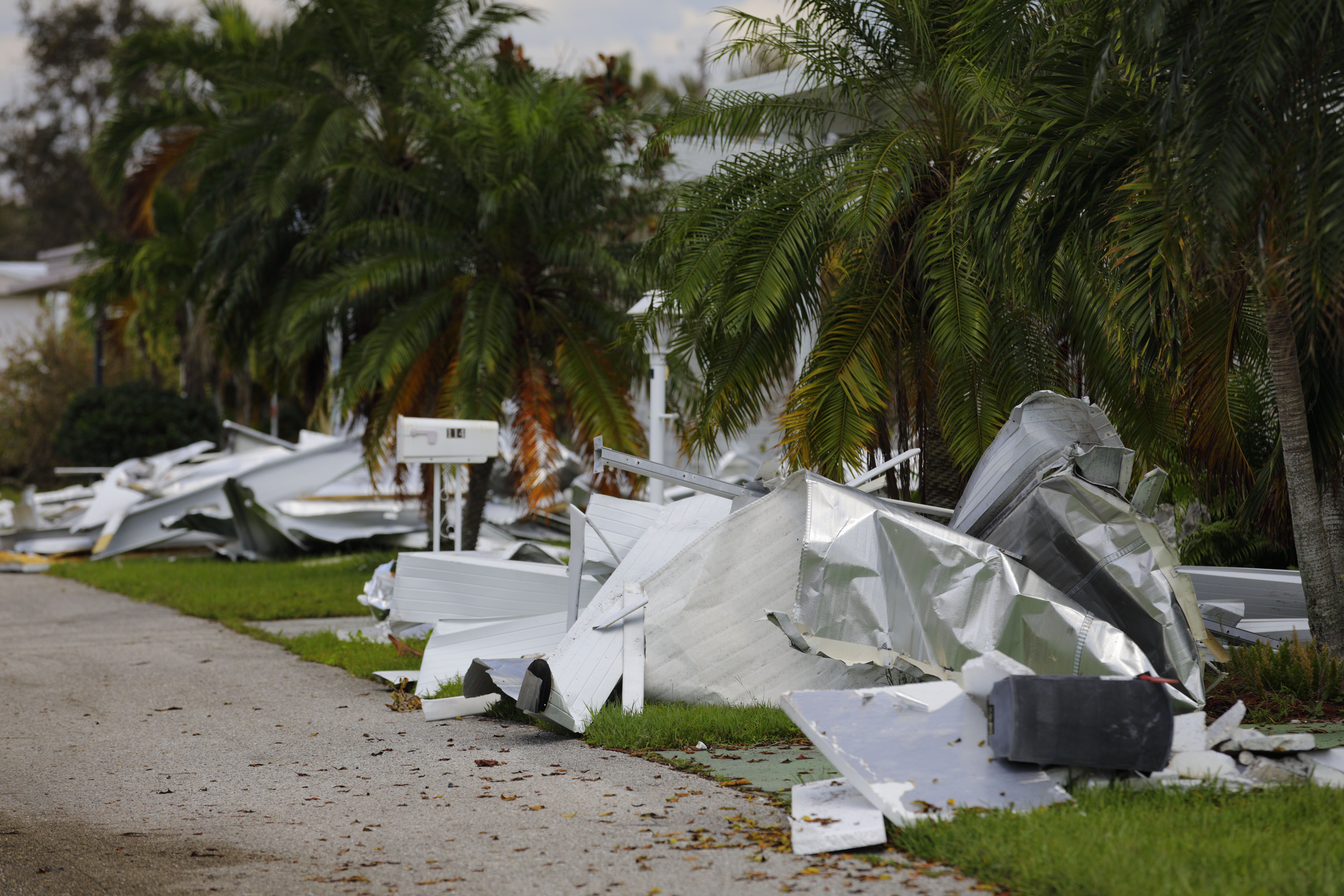
The hurricane season of 2017 delivered massive damage to properties in the United States, and now that the actual storms—particularly Hurricanes Irma and Harvey— have done their damage, rebuilding has begun. One firm estimates that insured losses in the U.S. from Hurricane Irma will range from $25 to $35 billion. For Hurricane Harvey, insured losses will be just above $10 billion.
If you and/or your home were affected by these massive storms, how do you begin rebuilding? Here are 7 tips on how you can recover from a hurricane disaster—without losing your sanity or your life savings:
- Review your home insurance policy.
What does it cover? Gather all your information and work with your agent to file a claim against damage due to a hurricane. Keep in mind that while you may be covered by hurricane damage, you may not be covered by resultant flooding, a key factor in Harvey’s wake. In Florida, only 18% of homeowners are insured for flood damage. Be sure to proactively review your policy from time to time, not just when it’s up for renewal.
- Gather all documentation.
You should also gather all documentation that will help with the rebuilding, including policies, property deeds, photos of hurricane damage, financial records and statements. Be sure to - if you haven't done so already - organize your documentation in a safe, digital fashion. For more information on how to organize your critical documents safely, see this article.
- Assemble a recovery team.
This would include not only your insurance agent, but your financial advisor, a lawyer, contractors, realtors and whomever else will help in the rebuilding of your property. Have regular review meetings about decisions and keep good notes. Share progress with all family members involved so they can stay up to date with recent development and be part of the recovery process.
- File a claim ASAP, but be patient.
The number of claims in the aftermath of a major hurricane is enormous. It will take time to rebuild. The sooner you file a claim, the sooner an adjuster can come to your home and process the claim. If this is your primary residence, be sure to secure a temporary place for living while you are in the rebuilding stage.
- Consider how you will supplement insurance coverage.
While insurance may not cover all property damage, be sure you keep the long-term picture in mind before liquidating any assets in order to rebuild. Meet with your financial advisor and evaluate the potential impact this will have on your long-term financial goals such as retirement.
Good use of credit is very important during this time and communicating with your financial services companies is important to protect your credit. Being in a disaster recovery area has hardship benefits to explore.
- Tap into community resources.
Form support groups with friends and other community connections to share information and best practices. Learn what regional and community programs are being offered and whether you can take advantage of them.
- Learn from your experiences.
If you live in a hurricane-prone area, this may not be your last time dealing with the aftermath on your personal property. Learn from your experience, whether it’s choosing insurance, how to rebuild, how to protect key documents, how to diversify your investments, or how to prepare your property in the wake of impending hurricanes. Know that the better prepared you are, the best chance you have for a full recovery.
If you have any additional questions or concerns, particularly about how hurricane damage you’ve sustained will affect your financial situation, a Richard Brothers financial advisor can help. Just contact us now.
To secure your family’s financial future, you need a smart strategy and plans to mitigate potential risks. Download our Checklist For Securing Your Family’s Financial Future.
Richard Brothers Financial Advisors



